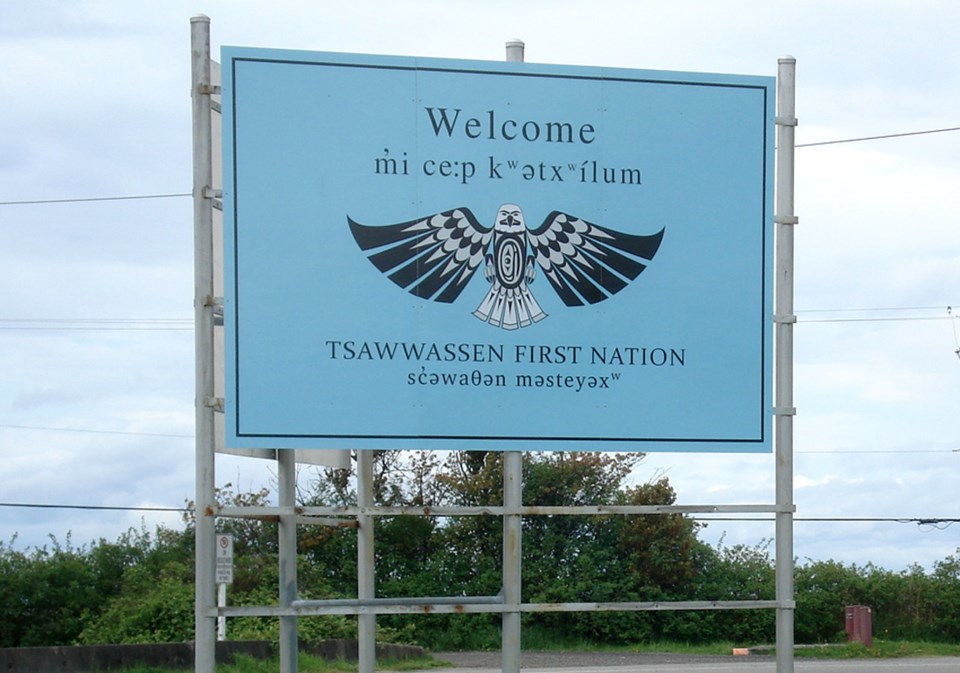Members of the Tsawwassen First Nation got some good news this week regarding COVID-19 vaccinations.
In a community bulletin Tuesday, updating members on the planned vaccine rollout, the First Nation government noted it was just notified it will most likely receive the Pfizer vaccine rather than the Moderna vaccine, adding B.C. is receiving fewer doses of the Moderna vaccine than anticipated while Pfizer is less likely to be interrupted.
The Pfizer vaccine is approved for individuals 16 and over, while the Moderna drug is approved for those 18 and older.
“That means we can add Tsawwassen Members living on-Lands, in the Fraser Health Region, or in Metro Vancouver who are 16-and-17 years old, as well as all household members that are 16-and-17-years old. That is exciting news!” the bulletin states.
Members were informed that those ages 16 or above will be contacted if they want to be on the vaccine list by TFN staff, while those who had previously been told they have to be 18 or over for a vaccine were advised to get in touch with the TFN office.
Staff will also be reaching out to those members who have not been contacted yet.
Members were told the total doses available for the TFN will be based on how many people in households want it and are checked against the membership list.
“There are enough doses to fill your community’s list, which is why your community list is essential. In later phases of the roll out, anybody that wants a vaccine will be able to get one,” according to an information sheet to members following a meeting last week.
As far as whether the vaccine will protect people against the COVID-19 variants, the information sheet explains, “Virus variants are something that vaccine developers keep in mind. According to the World Health Organization - most scientists believe that the COVID vaccine can help protect against the new variants. Scientists are still learning so much about the virus and its variants though, so it is still unclear what it will look like in the future.”
Details of the vaccine rollout including times and places are still being worked out.



